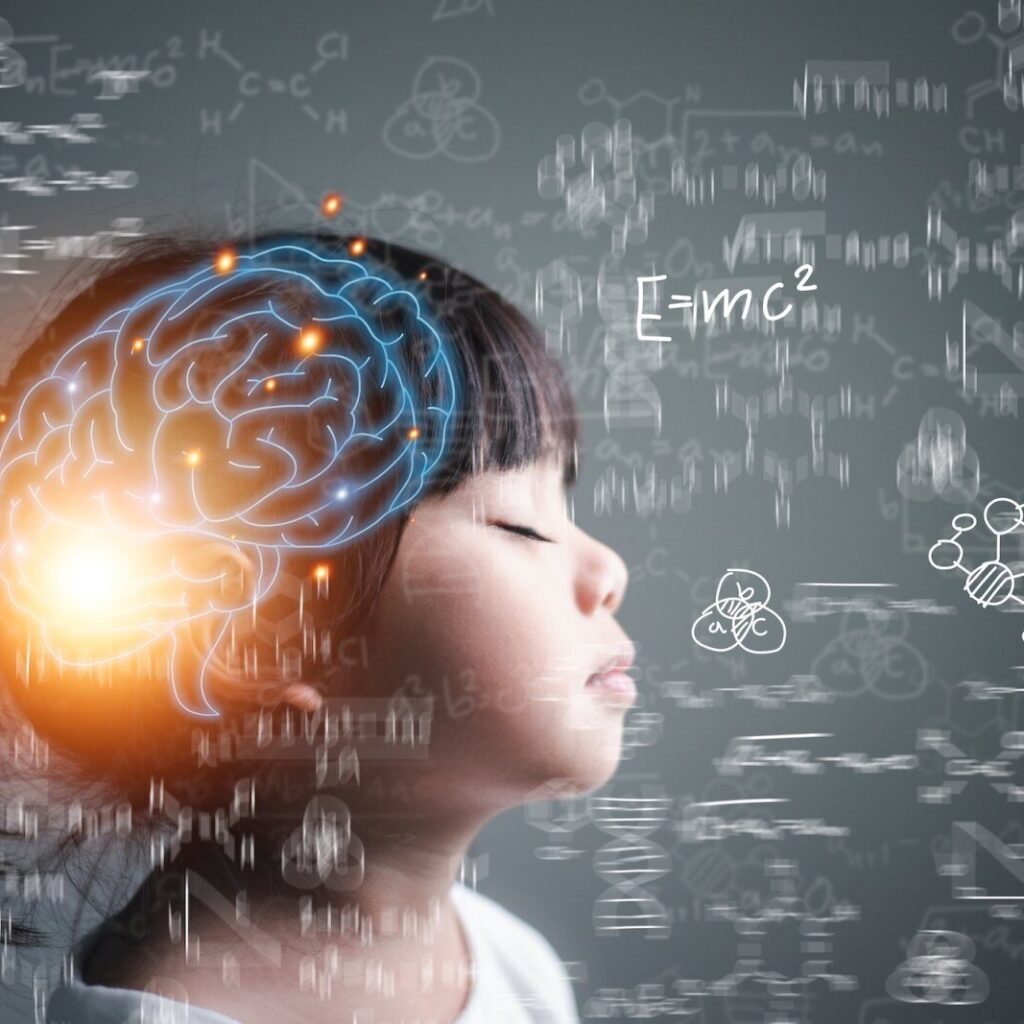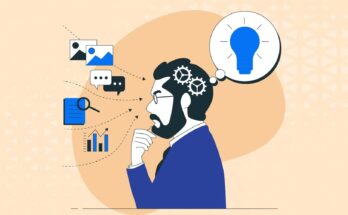
Introduction
Learning is a fascinating process that allows us to acquire new information, skills, and knowledge. But how can we ensure that what we learn sticks with us for the long term? In this article, we’ll delve into the science of learning and explore effective techniques for improving knowledge retention.
1. Spaced Practice: The Power of Timing
Spaced practice involves distributing study sessions over time rather than cramming everything into a single day. Research shows that spacing out your learning sessions leads to better retention. Imagine it as planting seeds in a garden—you water them regularly, allowing them to grow gradually. Similarly, spaced practice nurtures your memory and helps information take root.
2. Interleaving: Mix It Up
Interleaving is the practice of mixing different topics or skills during study sessions. Instead of focusing on one subject exclusively, switch between related concepts. For example, if you’re learning to play the guitar, alternate between practicing chords, scales, and songs. This approach enhances your ability to transfer knowledge across contexts.
3. Retrieval Practice: Test Yourself
Retrieval practice involves actively recalling information from memory. Instead of passively reviewing notes, quiz yourself on the material. This process strengthens memory pathways and improves long-term retention. So, create flashcards, take practice quizzes, or engage in discussions to reinforce what you’ve learned.
4. Elaboration: Dive Deep
Elaboration means going beyond the surface level. When you encounter new information, ask yourself questions like, “Why does this concept matter?” or “How does it relate to what I already know?” By exploring connections and providing context, you enhance understanding and retention.
5. Concrete Examples: Show, Don’t Just Tell
Concrete examples make abstract concepts more tangible. When learning a new concept, seek real-world instances or create mental images. For instance, if you’re studying the concept of supply and demand, visualize a crowded marketplace where vendors adjust prices based on customer demand.
6. Dual Coding: Combine Words and Images
Dual coding involves using both verbal and visual representations. When you encounter new information, create diagrams, mind maps, or infographics alongside written notes. This dual approach reinforces memory traces and facilitates recall.

Applying These Techniques in Education
As educators, we can integrate these strategies into our teaching practice. Imagine a classroom where students engage in spaced practice, tackle interleaved problems, participate in retrieval quizzes, elaborate on concepts, use concrete examples, and create visual representations. By doing so, we empower students to maximize their learning efficiency.
Read Similar Posts
- Protecting Your Privacy: Tips to Avoid Falling Victim to WhatsApp Hacks
- Why Do We Count in Base 10? Exploring the Origins and Advantages of Our Number System
- Nutrient Rich Food for Promoting Weight Management
- How to Make Money From Blogging in 2024
FAQs
- What is the best spacing interval for spaced practice?
- Research suggests intervals of a few days to a week work well. Experiment to find what suits you best.
- How can I incorporate interleaving in my study routine?
- Mix up subjects or topics within a study session. For example, alternate math problems with history facts.
- What’s the role of sleep in knowledge retention?
- Sleep plays a crucial role in consolidating memories. Aim for quality rest after learning.
- Can I use retrieval practice for complex subjects?
- Absolutely! Retrieval practice works for all subjects. Start with small quizzes and gradually increase difficulty.
- Is dual coding effective for visual learners only?
- No, dual coding benefits all learners. Combining words and images enhances memory for everyone.
Conclusion
Understanding the science of learning empowers us to become better learners and educators. By implementing these evidence-based techniques, we can enhance knowledge retention and make learning a lifelong adventure.


